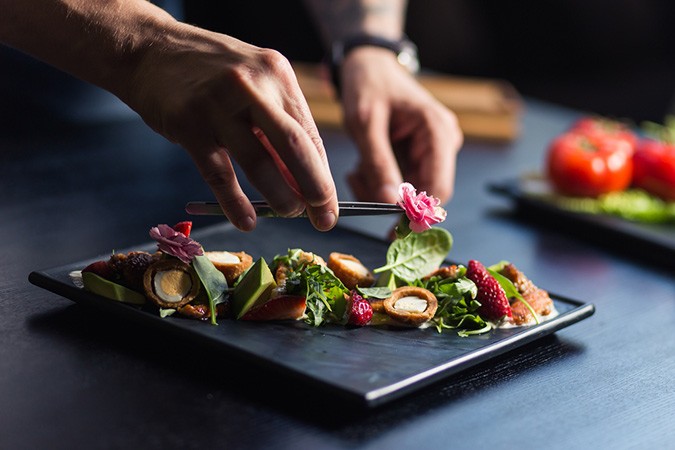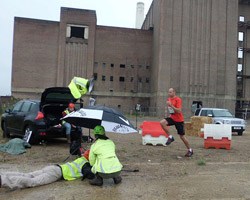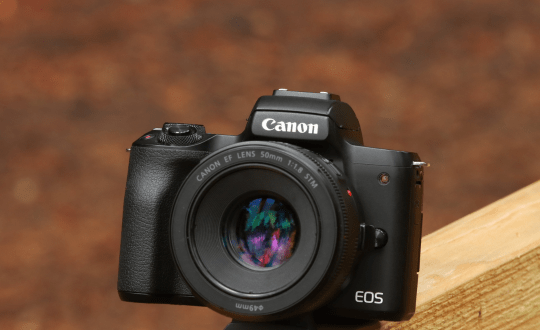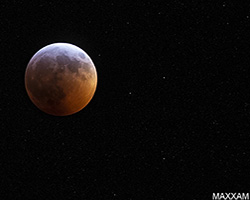There are many benefits of working in low-lit conditions. For one, low lit images are extremely indicative of the mood. Let’s say you’re working on your food photography and you’d like to photograph a gourmet meal you just ordered from a nice Italian restaurant in the East Village. Ambiance is a big part of what you’re capturing here, so if the place you’re dining is candlelit, your image should reflect that atmosphere as accurately as possible.
This obviously presents challenges however, when it comes to your desire to emphasize a clear shot of your subject- the meal. So here are some tips for getting the best of both worlds in terms of perfect low-lit photography:
Use The Right LensIf you are able to plan ahead and the low lit shot in question isn’t an unexpected one, try to pack the right gear for the job. A prime lens will be really helpful in your effort to keep the subject as sharp as possible while making adjustments elsewhere.
 Be Mindful of Shutter Speed
Be Mindful of Shutter Speed
One of the best secret weapons at your disposal for shots like this is your camera’s aperture priority mode. Basically, aperture priority mode allows you to take manual control of your camera’s aperture settings, while it then controls the corresponding shutter speed and ISO on your behalf.
Learn How to Adjust Shutter Speed
So basically, this means that you will be able to control the amount of light entering your camera’s lens (which is going to be extraordinarily necessary in the candlelit scenario we mentioned above) while your camera does the rest of the work to adjust other aspects of the composition. Your device is incredibly smart- and in aperture priority mode, you have a lot of the creative control in terms of how much light you’ll include in the shot, and your device is working by your side to adjust up to pace.







